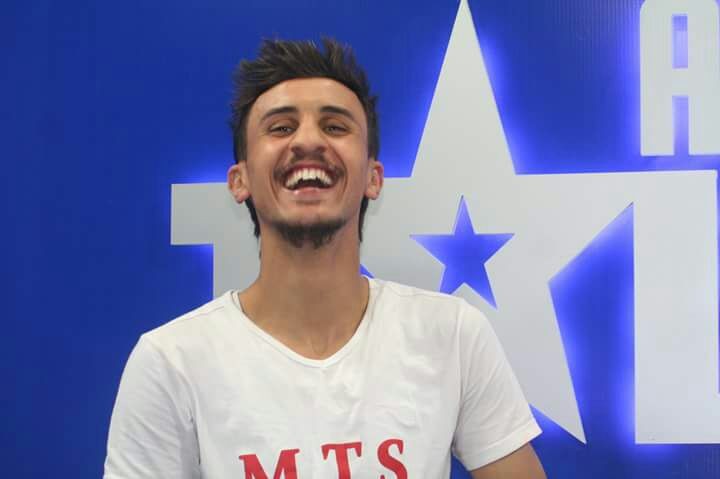Speeches Shim

November 2017—Youssef Salhi remembers a time when his neighborhood of Beni Makada was a safe place to live. As a young boy, he saw increasing numbers of migrants start to overcrowd his community. As the years went by, crime rates escalated as everyone fought for space, and he watched as his friends and neighbors fell victim to a slew of dangerous activities.
To avoid the same fate, Salhi, 21, joined a local dance group. “I first started dancing at home when I was very young, and then I joined a group of dancers in my neighborhood association when I was in my early teens,” he recalls. “After a few years, I started teaching dance classes to younger boys at the association while training with my friends.”
In May 2016, Salhi heard about a casting call at a local USAID-supported association for actors in a play about community security problems. The play, “The Three Enemies,” was written by a neighborhood group formed by USAID’s Community Oriented Policing Activity and deals with issues of violence, addiction and robbery.
In each scene, the young heroine faces off against ghosts representing the “evils” of the neighborhood, who try to convince her to take part in toxic behaviors. The play stars three young actors, including Salhi, who had never acted before. This did not deter him—he was excited to put his skills to work on the stage.
“I didn’t hesitate for a second to try out for the play,” says Salhi. “It was an opportunity for me to use my abilities and my energy for a noble cause, and my parents, brothers and sisters liked the idea.”
After a recent performance at the local community center, Salhi spoke on behalf of his troupe. “We are thankful that the [USAID] project allowed us to work for the good of our neighborhood. We wanted to bring awareness to a higher level,” he said.
Salhi’s acting skills in “The Three Enemies” earned him a great deal of acclaim in his neighborhood. Soon after, another troupe of young actors and dancers asked him to join them to perform a new piece. The group received such positive feedback that they decided to try out for an upcoming casting call for the hit television show “Arabs Got Talent,” which features contestants from across the Middle East and North Africa with exceptional talents.
After the auditions, Salhi’s theater troupe was selected from hundreds of applicants to represent Morocco in the international competition, where they won second place. Salhi and his troupe have since been invited to perform across the Middle East and North Africa, including in the United Arab Emirates and Saudi Arabia, and they hope to continue to spread their art internationally.
Salhi’s achievement has been a source of inspiration for other youth in his neighborhood and a testament to the positive impact community youth groups can have to boost confidence, develop new skills, and fight violence.
“I want the kids to know that belonging to one neighborhood or another doesn’t matter. Hard work is the only way to succeed, and the fact that our theater group from Beni Makada won such a huge prize is the biggest proof of that,” says Salhi.
USAID’s Community Oriented Policing Activity, which runs from February 2015 to January 2018, works to build mutual trust between citizens, local police and community leaders in the north of Morocco, emphasizing dialogue between the community and police on security and safety issues. The project, which works in four communities in Tangier and Tetouan, has reached nearly 9,000 people.
Previously, safety and security issues were not openly discussed, but now residents feel comfortable raising their concerns in an open forum with local police. Despite lacking a formal education or not finishing high school, residents have gained new skills through the project and are playing a crucial role with local police to help improve security in their communities. At least half of those trained through the project are women and a majority are under 35 years old.
LINKS

Comment
Make a general inquiry or suggest an improvement.